The “Copernicus4Regions Lunch Debate” was hosted by MEP Adam Jarubas (EPP) and co-organized by the European Commission, the European Space Agency and NEREUS on 25 October 2023 at the European Parliament. The event featured a policy debate that highlighted the successful utilization of Copernicus by public authorities in various application domains.
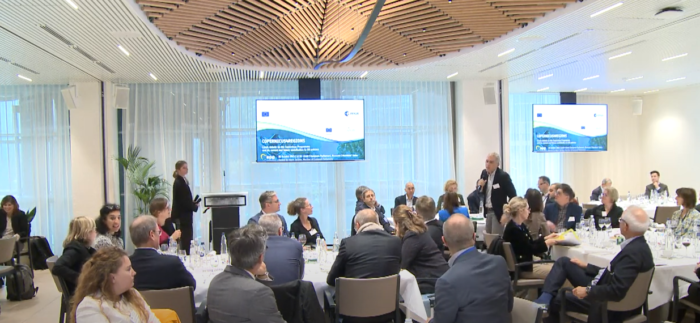
The “Copernicus4Regions Lunch Debate” built upon the collection of 99 user stories titled “The ever-growing use of Copernicus across Europe’s regions.” Three selected user stories from the collection were featured during the debate: public-user representatives from Mazovia (Poland), Italy, Catalonia (Spain) shared how exploiting SENTINEL-data provides tailored solutions with high relevance for regions. Kamil Szpakowski and Agata Hościło presented how forest monitoring is implemented with the use of Sentinel-2 in Poland (link), Carlo Dall’ Oppio explained how the Italian National Fire and Rescue Service use the data as part of their emergency response (link), and Miriam Moyset, Julià Talaya, and Oscar Mora shed light on how Sentinel-1 data help Catalonia for the water management (link).
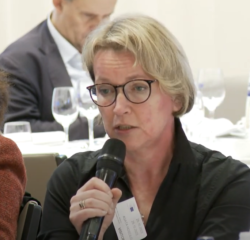
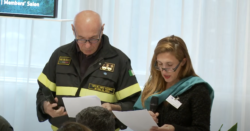
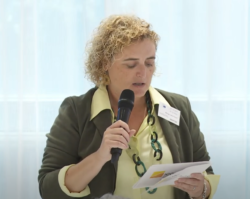
Furthermore, the debate emphasized how Copernicus contributes to the realization of EU policies, particularly the Green Deal’s objectives and the advancement of the sustainability agenda. Key participants shared their experiences and insights, engaging in discussions with Members of the European Parliament and regional politicians on the local and regional benefits of the Copernicus programme.
The host of the event MEP Adam Jarubas (EPP) emphasized the vital role of regions in implementing and integrating satellite data in various public policy domains, such as civil infrastructure. He noted that Copernicus offers solutions to enhance and modernize administrative procedures in line with the green and digital transition objectives.
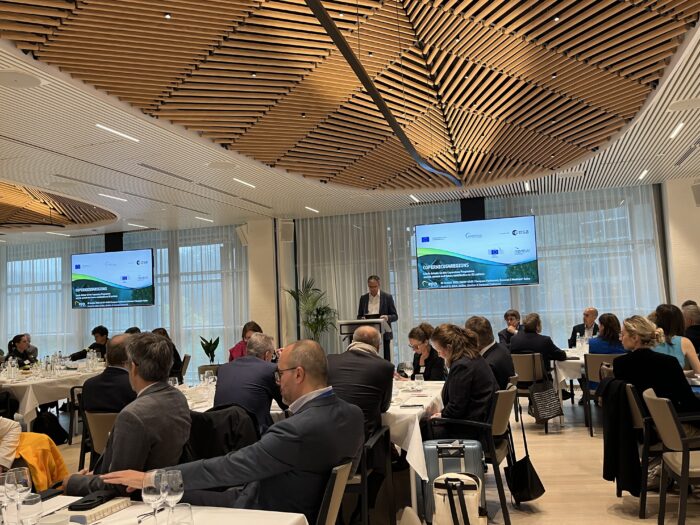
The event attracted several Members of the European Parliament from various political parties, demonstrating the broad support for the Copernicus programme.
Notable attendees included MEP Niklas Nienass (Verts/ALE), who drew the attention to the huge flow of data available to be exploited to promote economic development and supporting solutions including from start-ups,
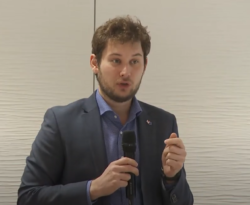
MEP Sirpa Pietikäinen (EPP), who underlined the value of these data to support politicians in implementing their decision-making at regional and local level,
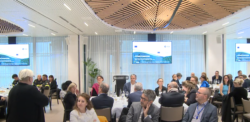
MEP Jutta Paulus (Greens/EFA), who emphasized the importance of ensuring that satellite data is readily available to individuals who lack expertise in the field, and inquired with the European Commission about any ongoing initiatives aimed at achieving this goal.
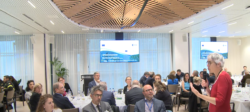
Other MEPs attended the event were MEP Michael Gahler (EPP), MEP Joachim Schuster (S&D), MEP Carles Puigdemont (Non-attached Members), and MEP Tomáš Zdechovský (PPE).
Christoph Kautz from the Directorate-General for Defence Industry and Space (DG DEFIS) at the European Commission discussed the democratization of data, highlighting that Copernicus data is free and accessible to citizens. He also announced the launch of the Copernicus thematic hubs in November 2023, which will simplify data access for users, focusing on thematic and geographical areas such as health and energy, coastal zones and arctic regions.
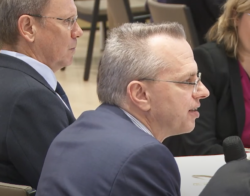
Thierry Cotelle, President of NEREUS, representing regional users, underscored the Copernicus4Regions initiative’s role in demonstrating how regions across Europe can benefit from space applications. He emphasized that Copernicus is an indispensable tool for developing green policies, improving decision-making at the regional level, and benefiting citizens.
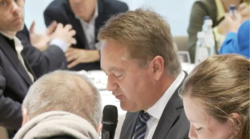
Pierre Potin, Head of the Copernicus Space Office, Directorate of Earth Observation Programmes at ESA, concluded the event by introducing the evolution of the Copernicus Space Component, in particular the Sentinel Expansion Missions. He stressed that these can play a crucial role in addressing challenges like carbon neutrality and sustainable agriculture. Furthermore, he advocated for the need to ensure the programme’s sustainability given its significance in addressing climate change.
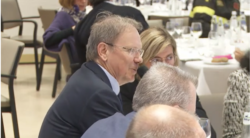
The “Copernicus4Regions Lunch Debate” highlighted the pivotal role of Copernicus in supporting Green Deal policies and its impact on territories, citizens, and public administrations. This event was aimed at attracting more regions to engage with the Copernicus ecosystem and experience the collective dimension of deploying Copernicus.
The event drew approximately 100 invited registered participants from the European Parliament, other relevant EU organizations, Brussels-based regional and national representations, and Member State representatives from space associations, companies, and research centers.
The “Copernicus4Regions Lunch Debate” served as a forum to discuss the multiple aspects of the relevance of Copernicus for sustainable and green policies and its instrumental role to support the Green Deal Agenda. The event provided a platform for key stakeholders to exchange insights and experiences, further strengthening collaborative efforts for the benefit of European regions and their citizens. Watch the full discussion here (link).
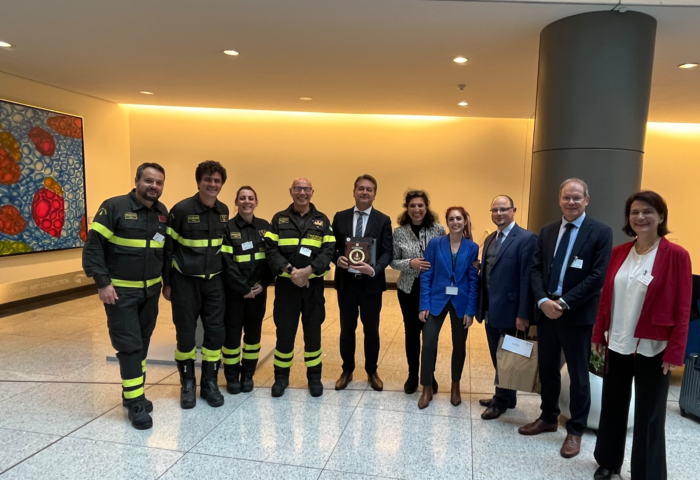
You may find more information on the preparatory infosession for MEP Assistants here (link).

